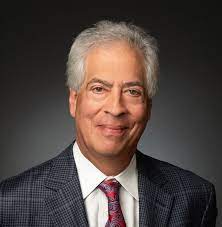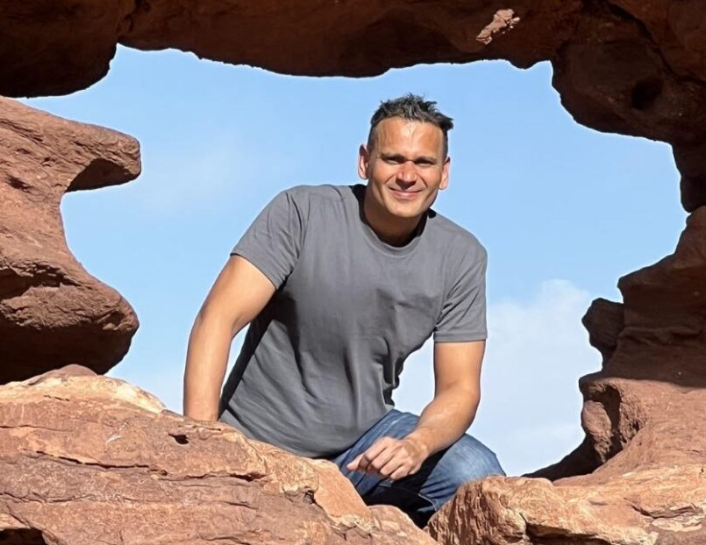In experiencing severe accidents or injuries, people can be left with physical challenges that can affect their lives. Reconstructive surgery offers a beacon of hope for restoring functionality and appearance, allowing patients to regain control and reclaim their lives. For that, Dr Lawrence Gray will discuss how reconstructive surgery can help after a severe accident or injury.
Facial Reconstruction
Accidents involving facial trauma can result in disfigurement, impairing essential functions like vision, hearing, and speech. Reconstructive surgery options for facial injuries vary depending on the injury. This may include complex craniofacial procedures, facial fracture repair, and soft tissue reconstruction. These surgeries can enable patients to regain previously lost abilities and restore their self-esteem.
Limb Salvage and Reconstruction
Severe accidents can lead to extremity injuries, posing a risk of amputation. If the limbs can be salvaged, reconstructive surgeons can perform complex surgeries. These may involve transferring tissue, rebuilding bones, and reconstructing arteries and veins.
Burn Reconstruction
Burn injuries can cause extensive damage both externally and internally. Reconstructive surgery aids in mitigating the impact of burns and scarring through multiple stages. These procedures may include acute burn care, scar modulation, and reconstructive procedures. These surgical interventions help burn survivors reintegrate into society and regain an improved quality of life.
Hand Surgery
Lastly, hand injuries caused by accidents often involve damage to soft tissue, bone, nerves, tendons, and vessels. In many cases, hand reconstruction through surgery can help restore function, sensation, and appearance. This surgical procedure can have a significant impact on improving a survivor’s independence and ability to perform daily tasks.
The Emotional Impact and Support
Going through a severe accident or injury can be traumatic not only physically but also emotionally. Dr Lawrence Gray For that, supporting a survivor’s well-being is paramount during the journey of recovery and reconstructive surgery. In that case, an experienced team of healthcare professionals and a strong support network make a significant difference in the healing process.



